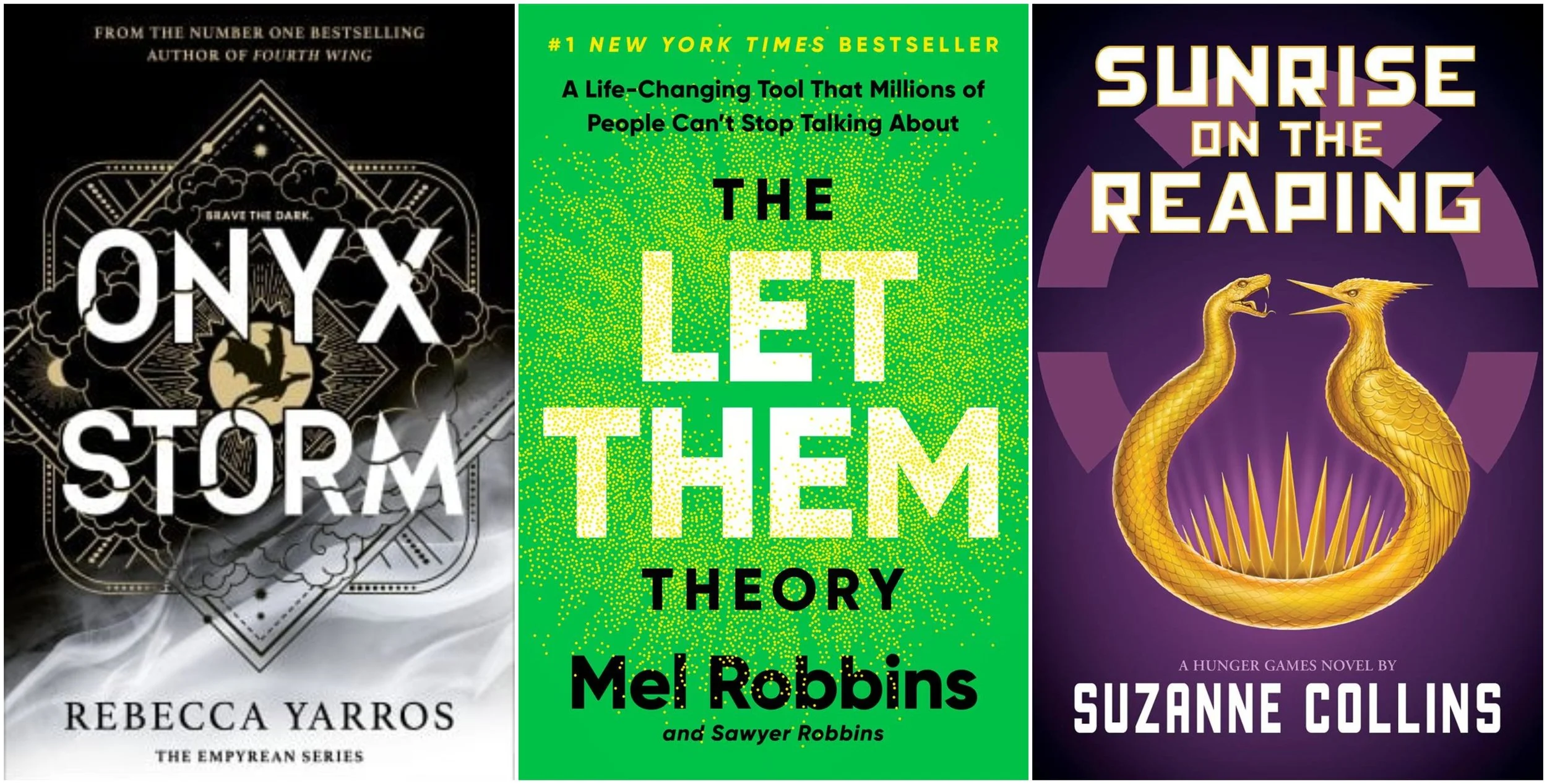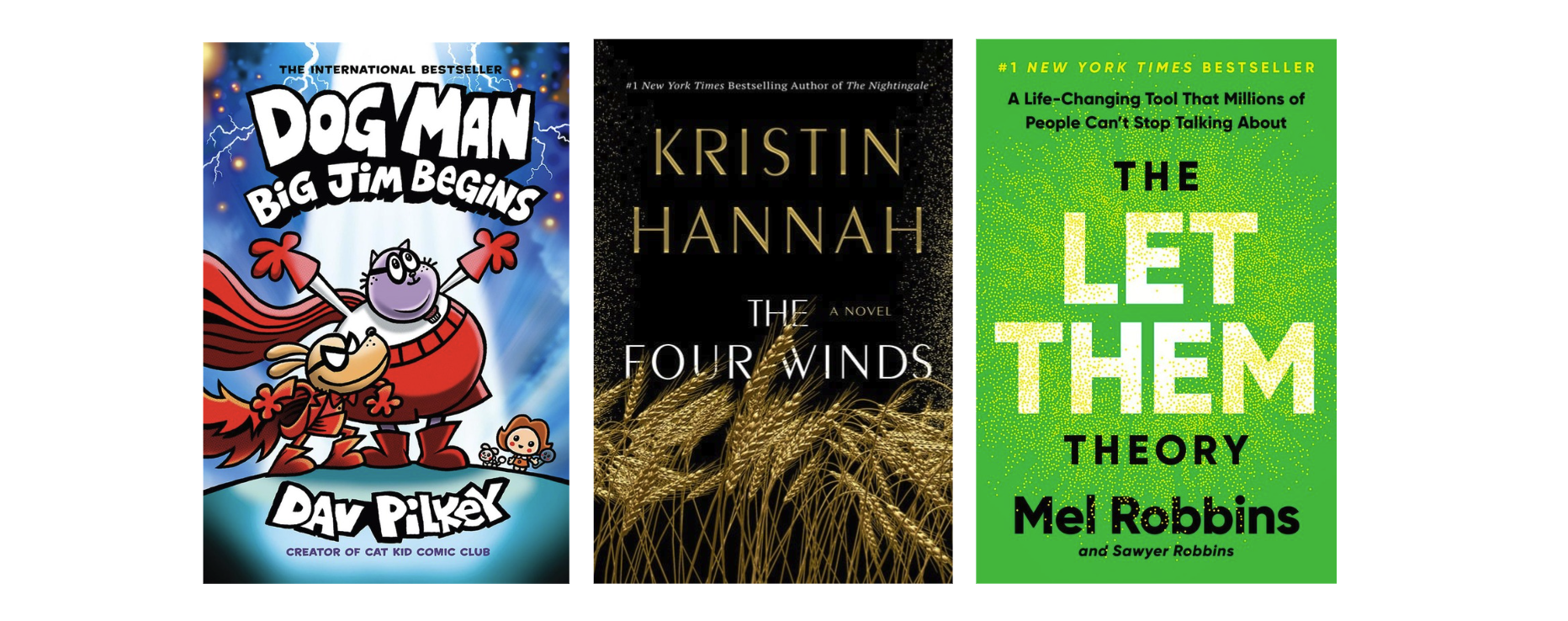Now that CataList is loading Thema, my colleagues on the CataList team have noted that many of the entries they were looking at didn’t include a main subject. Good thing EDItEUR has made available excellent instructions for the use of Thema in this short and highly readable document — a must-have for anyone doing Thema classifications. And based on those instructions, and our knowledge about book classification schemes, I’ll walk you through the rules and the whys of main subjects, not only for Thema but also for BISAC.
The rule: Ensure the first category entered is the primary or main subject.
So, if you’re in a rush and can’t finish reading the entire blog post, here’s what you need to know: Please start providing a single Thema subject code in all entries as a main subject — not a Thema qualifier and not a Thema subject code and a qualifier. One subject code as “main.”
Here’s why:
Subject classification uses standard definitions to describe the content of something. A book subject classification system — like Thema, BISAC, Dewey, or Library of Congress (LOC) — starts with some preconceived ordering of a world view that is done with a purpose. Dewey and LOC are library systems to classify knowledge. Thema and BISAC exist to classify book content to facilitate consumer discoverability and ensure usability by book retailers. All are tools for content discovery with different focuses.
A “main subject” doesn’t exist in library subjects systems. And a good generalization about any subject scheme is: either a subject applies and it should be used, or it doesn’t and it shouldn’t be used. That means that subjects don’t usually have a hierarchy — the book content should relate to a search based on any of the subject terms provided.
Trade book subject classifications like Thema and BISAC (BIC has been superseded by Thema, but it belongs in this list, too) support main subjects for the convenience of their retail partners. Knowing what the book is ‘mostly’ about can help sales in a number of ways, but this is the important one in North America:
A retail book buyer is normally a subject specialist and the single “main subject” defines which buyer receives the sales pitch. In other words: the main subject is a focal point for your sales effort.
That’s arguably the full reason for supplying a main BISAC Subject. But once you start using BISAC and Thema, you’ll quickly realize they represent different world views as subject systems.
BISAC is focused on market segments. It groups books into codes that sell in the North American market classifying them around an appropriate subject area. Subject and sales are melded, and if you want to know how to place books with a few succinct codes, BISAC is your tool of choice. It’s brilliant because it’s focused entirely on one thing: salability in the United States (which conveniently works for English language Canada too, and thankfully they provide country-specific support for our market).
But, that’s not a description that applies to Thema — though it too focuses on supporting book retail sales.
Thema is international in scope. A Thema code should still represent content that’s being used in book publishing, but it’s more descriptive and concept based. It paints a picture of what the book is about using codes that are associated with subject-concepts that can be enhanced by its extensive qualifier lists.
Thema is verbose: If the subject-concept applies, use it.
But that leads to a second reason why Thema must have a “main subject.” If any subject code can be used and your dystopian novel can be described with a technology related code — how does the retailer know it’s sold as fiction?
Thema’s main subject defines the book’s focus and type — fiction or non-fiction, etc. — so the other codes, subject and qualifiers, can paint a picture that describes the content with that specific context.
I’ve used ‘market segment’ and ‘subject-concept' here to describe BISAC and Thema because I want to convey just how complimentary the systems are. BISAC and Thema have different strengths but they’re stronger together. One is focused on our primary market, the other on areas we can grow, one is succinct actionable retail data, the other provides the predictability of codes to enable discoverability in a way a keyword never will.
Got questions for us? Drop us a line, we’re always happy to talk Standards!















Insights into romance trends and the performance of Heated Rivalry.